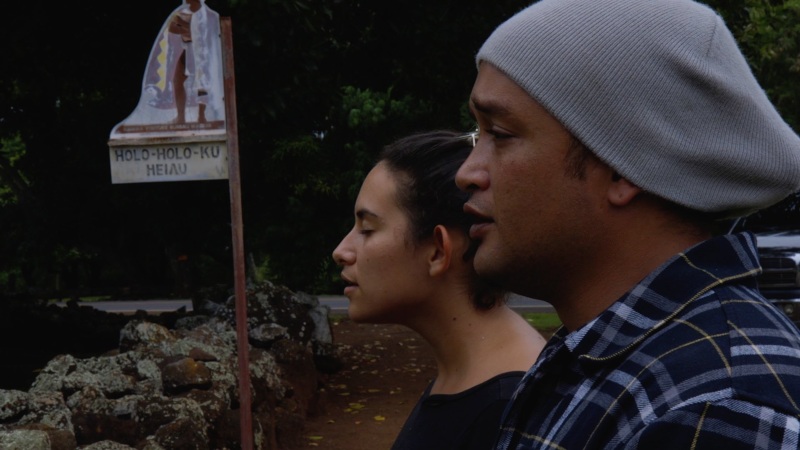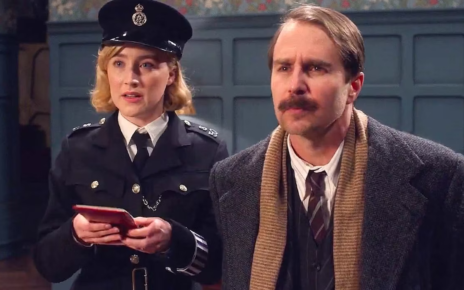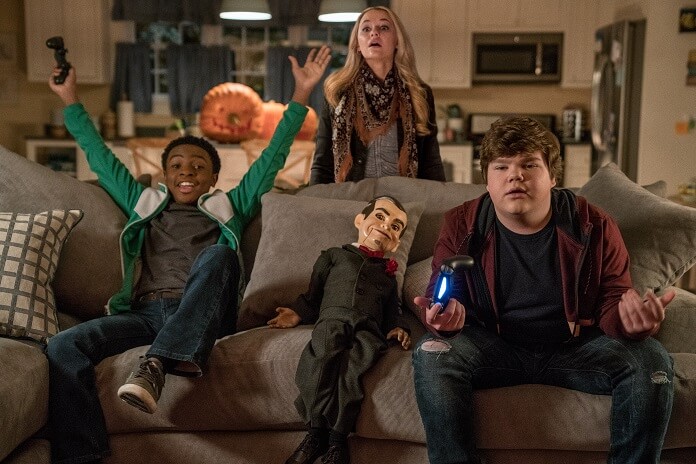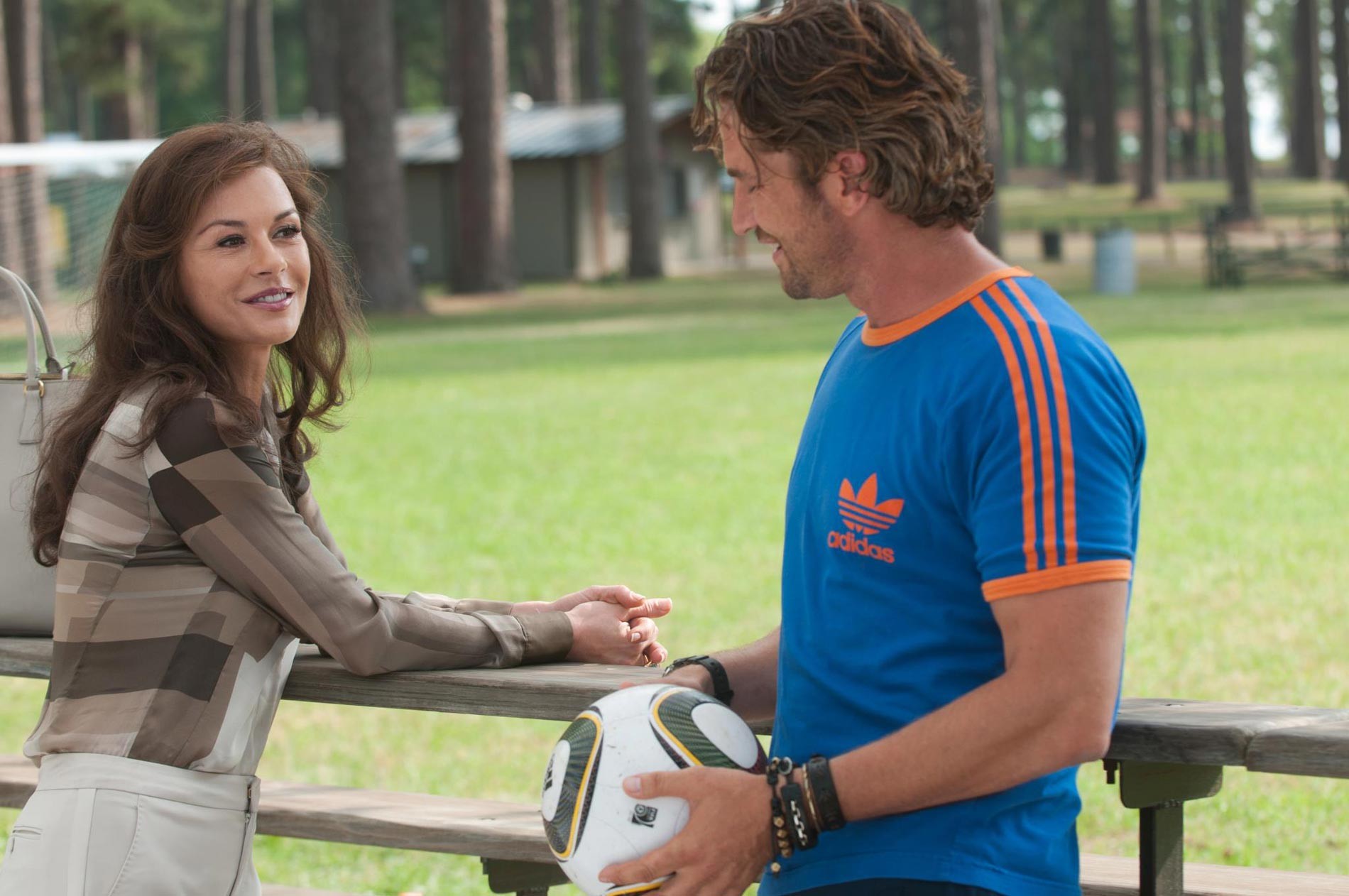Before this film, I wanted to retire to Hawaii. I love the climate, the heat, the ease and pace of life. Just a place to spend the rest of my days enjoying a beverage, a book, a view, and the smell of warm salt in the air. I could live like that indefinitely. The thing is, I’m not alone. Not even close. Being white, I share this dream with half the state of Florida and all the people who bought and sold Hawaii. The exploitation of Hawaii by Unspecific Islanders is explored in full in the documentary Cane Fare. And now, not only do I not want to retire to Hawaii; I’m not sure I even want to visit again.
The island of Kauai is about 100 miles NW of Oahu. It isn’t Maui. It isn’t the “Big Island.” It isn’t the one with Waikiki or Diamond Head or Pearl Harbor. It isn’t especially notable for much and it isn’t easy to get to, lacking for a genuine airport and all. But white people eventually found it, and Kauai has never been the same since.
Kauai is notable for hosting over 100 major films. Beginning with the plantation battle epic White Heat (aka Cane Fire), Hollywood has long used the island as a site location depicting paradise, jungle, primitive civilization, or sometimes *gasp* even Hawaii itself. And in those background scenes where Elvis Presley or Charlton Heston makes love to the camera, one can see the natives of Kauai. After all, it is far too expensive to import natives, so -as with every other industry that found its way here- movies were just another way for white people to take advantage of the locals. And in 2020, there isn’t much left for the people who lived here long before exploitation happened.
The history of Kauai is actually pretty simple: it was an island paradise. In the 19th century, white people showed up, divvied the pie into five pieces, and turned paradise into a pineapple and sugar cane factories. In the 20th century, tourism took over. Oh, you’ll love this part: when white people discovered how wonderful it was to live in paradise, the natives were not only exploited, they were priced out of their ancestral ground.
We see this a lot in San Francisco – to have a normal blue-collar job in San Francisco, you won’t be able to afford to live there; even in the slums, the real estate is simply too pricey for a janitor or a school teacher. Hence, many who work in The City don’t live there. Well, what do you do if The City is an island? There ain’t no “across the tracks” on a small island. There ain’t no morning blue line commute to Kauai from a depressed suburb. That’s not a thing. So, what happens? Well, the sugar and pineapple industry dies, and tourism takes over. Tourism requires no harvesting or canning, just “here’s the keys, enjoy!”
I have not explained well the myriad ways in which Kauai natives have been trampled. An ancient burial ground was uprooted to put in a tourist hotel. The hotel died in a hurricane, was never revised, but is now used for tour packages because Hollywood stars stayed there. At a time when movies rivaled sugar can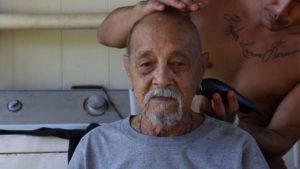 e for best use of the islanders, labor unions happened and were immediately fought. In 1924, the Hanapepe massacre pitting sugar workers against police claimed 20 lives (16 workers). Hollywood was only too happy to refer to any such rebellion as “influenced by communists.”
e for best use of the islanders, labor unions happened and were immediately fought. In 1924, the Hanapepe massacre pitting sugar workers against police claimed 20 lives (16 workers). Hollywood was only too happy to refer to any such rebellion as “influenced by communists.”
You know this is how we get where we are, right? You have natives not bugging anybody and just doing their thing, right? Whitey comes in, says, “hey, I could make money off this,” and puts all the people to work. When the people are exploited, Whitey buys the government. When the workers complain, Whitey gets the police. When the news is bad, Whitey runs the media. This is how you get to fascism.
None of this is surprising, of course. If you know the history of this country, you know white folks have a long tradition of spoiling things and then twisting the narrative in the aftermath. That little bit of doublespeak goes by many names, but is currently reviled as “cancel culture” as if white folks are discovering for the very first time it can be used against them as well (so long as the media is powerful enough). But mostly we see the phenomena by which a powerful white man can lie again and again and again and so long as his media tells his people what they wish to hear, white folks do not care. Alas, little could be more American than story of Kauai.
Bringing nothing to the Polynesian table
Caucasians made a paradise unstable
I don’t claim this is of Satan
But on the pineapple plantation
This is the tale of sugar cane and Abel
Not Rated, 90 Minutes
Director: Anthony Banua-Simon
Writer: Anthony Banua-Simon, Michael Vass
Genre: Native American grievance doesn’t end when you hit a shoreline
Type of being most likely to enjoy this film: Kauai descendants
Type of being least likely to enjoy this film: Real estate agents
